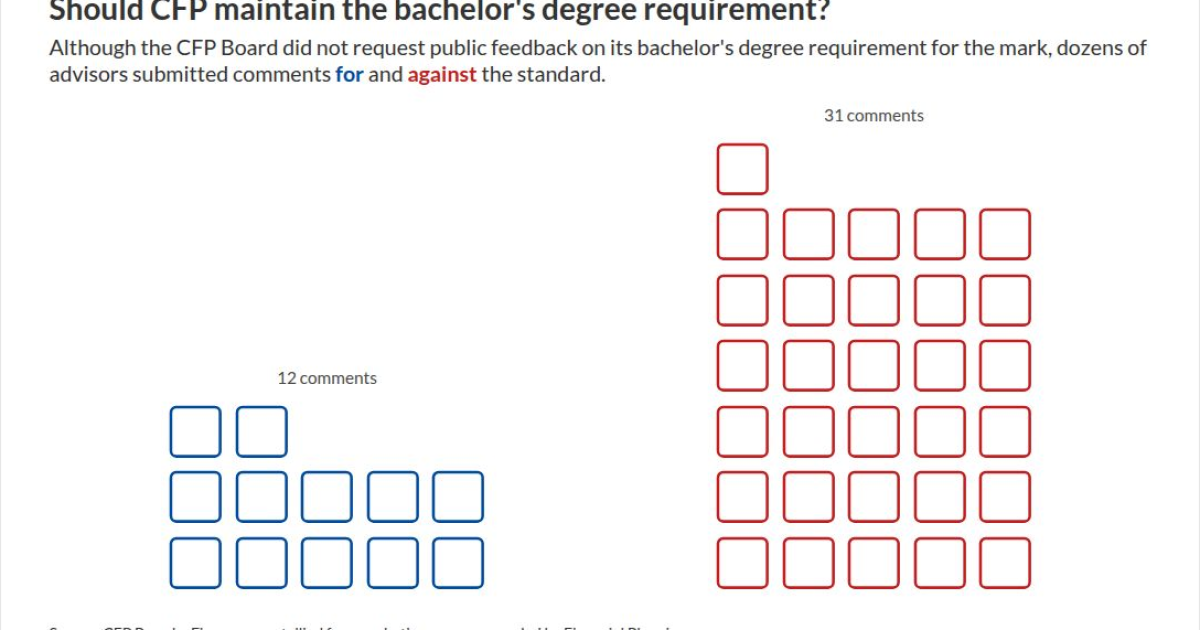If you own a business and you sell it to a third party, should you be liable to the IRS for taxes triggered by the buyer after the business you sold? What if the tax was triggered by the buyer’s wrongdoing? What if there was no evidence that you even knew that the buyer would engage in a transaction that the IRS would later challenge? Can the IRS send you a tax bill, on behalf of the buyer decades later?
Apparently the answer is “maybe,” if you have a New York business that you are selling. The recent case United States v. Vance Finance and Holding Corp., No. 1:24-cv-06846 (S.D.N.Y. Sept. 11, 2025), involves a New York corporation and the IRS using the New York statutes to try to collect the buyer’s unpaid taxes that were triggered by the buyer after the sale.
Facts & Procedural History
This case involves a family business. The father founded the company in 1923. It was a New York corporation and taxed as a Subchapter C corporation.
By 2002, the company had evolved into an investment holding company with a portfolio of appreciated securities worth approximately $59 million. The securities only had a tax basis of $15.3 million. This created a substantial built-in capital gains tax liability of over $16 million if the securities were sold.
The family decided to sell the business and started looking for ways to do so efficiently. Their attorneys and tax attorneys presented several planning ideas for selling the business. The shareholders ultimately chose to sell their stock rather than liquidate the company’s assets directly. They solicited bids from three potential buyers–all of whom offered prices near full market value despite the embedded tax liabilities. The bid of $65.35 million was accepted and the sale closed in April 2002 whereby the entity was sold to another legal entity set up by the buyer.
After acquiring the company, the buyers immediately liquidated the securities portfolio and used the proceeds to repay the acquisition loan. The buyers then generated an artificial tax loss through paired options transactions–a “Son-of-BOSS” tax shelter–to offset the capital gains from the asset sales. This allowed the buyer to avoid paying the substantial tax liability that might have accompanied the asset liquidation.
The IRS audited the company’s 2002 tax return and disallowed the tax shelter losses. This resulted in a tax deficiency of $16.4 million plus penalties. However, by this time, the company’s assets had been distributed and the entity could not pay the tax bill. The government then filed suit against the original shareholders under New York’s fraudulent conveyance law to recover the unpaid taxes from the proceeds the shareholders received from the stock sale.
Stock Sales vs. Asset Sales for Tax Purposes
To understand this case, we have to first consider the difference between a stock sale or asset sale. Taxpayers can chose to sell the business entity via a stock sale or the assets via an asset sale.
The fundamental tax distinction between selling corporate stock versus liquidating assets gets to the heart of this tax controversy. When shareholders sell stock in a C corporation, they recognize capital gain or loss on the difference between their sale proceeds and their stock basis. The corporation itself doesn’t recognize any gain or loss on the stock sale because it’s not a party to the transaction.
In contrast, when a corporation sells its assets, the corporation recognizes gain or loss on each asset sold. If the corporation then liquidates and distributes the proceeds to shareholders, the shareholders also recognize gain or loss on the liquidating distribution. This creates the “double taxation” problem that C corporations often face.
From the shareholder/seller’s perspective, this tax structure naturally incentivizes stock sales over asset sales when corporations hold highly appreciated property. However, the buyer who purchases the stock must eventually deal with the built-in gains when the assets are sold. Legitimate buyers typically account for this by reducing their purchase price to reflect the embedded tax liability.
When Can Transactions Be “Collapsed” for Tax Purposes?
This case involves the New York fraudulent transfer statute. It is similar to the Texas, statute, for example. Texas Business & Commerce Code Section 24.005 states that transfers are fraudulent if made “with actual intent to hinder, delay, or defraud any creditor” or “without receiving a reasonably equivalent value in exchange.” But it is the state case law that makes this unique to New York.
The legal theory allowing the government to pursue the shareholders rests on the concept of “collapsing” separate transactions, which were not between the same parties even, into a single integrated scheme. Under New York fraudulent conveyance law, apparently, the courts there can treat multiple steps as phases of one transaction.
The court cites its case law for this which seems to set out a framework for collapsing transactions. Two elements must be met to collapse transactions: first, the consideration received from the first transferee must be reconveyed for less than fair consideration or with actual intent to defraud creditors; second, the transferee must have actual or constructive knowledge of the entire scheme that renders the exchange fraudulent.
In this case, the government argued that when viewed as collapsed transactions, the shareholders essentially received liquidating distributions without fair consideration because the purchase price didn’t account for the embedded tax liability. The court found this theory plausible because the buyer paid nearly full market value for assets that carried a massive tax burden, then immediately liquidated those assets while using artificial losses to avoid the taxes.
The “Constructive Knowledge” Standard: When Should Sellers Know?
This raises the question as to whether it could sweep up innocent sellers, given that there seems to be no mention of involvement of the seller other than the sales price being high.
How diligent does a seller have to be for stock that it sells? Do sellers have to take steps to understand their buyers’ intentions. That is the crux of this case. In the case, the government didn’t need to prove that the shareholders actually knew about the tax shelter scheme. Instead, the court applied a “constructive knowledge” standard, asking whether the sellers should have known about the buyers’ plans based on the surrounding circumstances.
The court identified several red flags that allegedly put the shareholders on notice: all three bidders were tax shelter promoters, the winning bid ignored the substantial tax liability, the transaction occurred after the IRS had issued warnings about these exact schemes, and no due diligence was conducted on the buyers. The shareholders’ own attorney admitted the transaction was unusual because of the high sale price and limited representations and warranties. But is that good enough?
The court noted that under the constructive knowledge test, courts look for either inquiry notice of the scheme’s general outline or indicators of potential fraud coupled with deliberate ignorance. The court found both scenarios present. The shareholders allegedly understood they were avoiding tax liability by selling stock rather than liquidating assets, and they deliberately chose not to investigate how their buyers could afford to pay such generous prices.
This standard creates a difficult position for sellers. Conducting too little due diligence on buyers may constitute willful blindness, but asking too many questions about buyers’ tax strategies could alert sellers to information that increases their liability exposure. Regardless, based on this, the court denied the defendants’ motion to dismiss. The case will go on to trial.
The Takeaway
The district court’s decision to deny the defendants’ motion to dismiss highlights why taxpayers may opt to avoid doing business in places like New York. It allows the IRS to piggyback off of state laws to expand the IRS’s collection powers against transferees. The courts may still decide the case and hold that direct participation in tax shelter schemes is required, but that the court accepted constructive knowledge of buyers’ tax avoidance intentions could be sufficient to establish liability in this case suggests that it might not decide the case in that manner. Business owners planning to sell companies may want to consider transferring their businesses out of New York before selling the businesses as a protective measure against aggressive tax planning by the buyers.
Watch Our Free On-Demand Webinar
In 40 minutes, we’ll teach you how to survive an IRS audit.
We’ll explain how the IRS conducts audits and how to manage and close the audit.




























